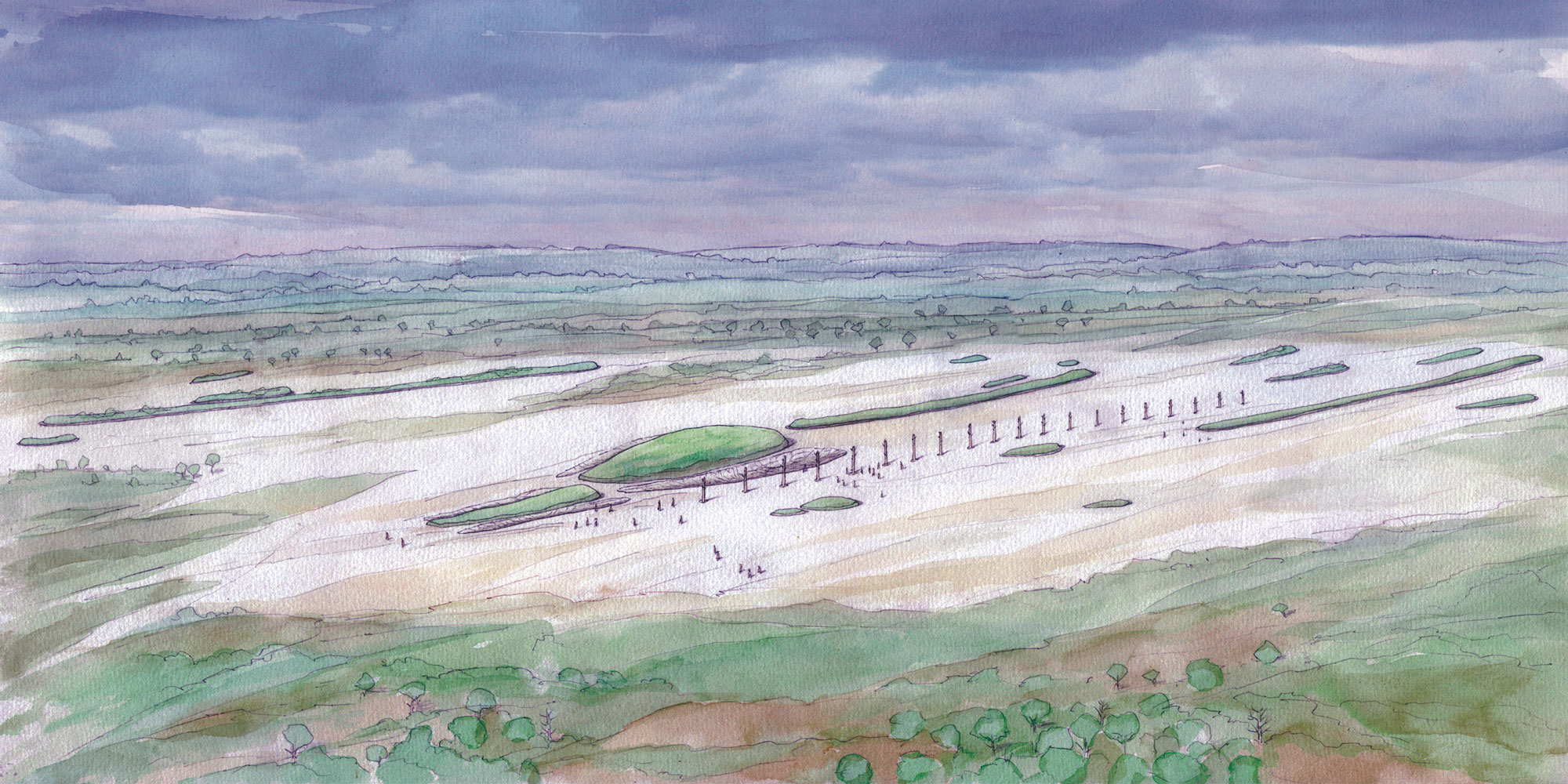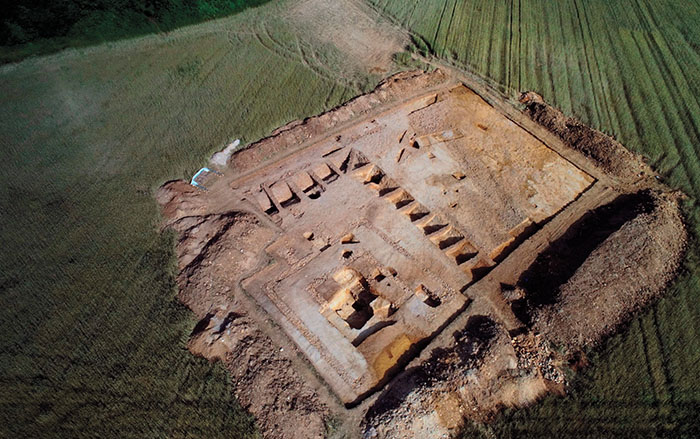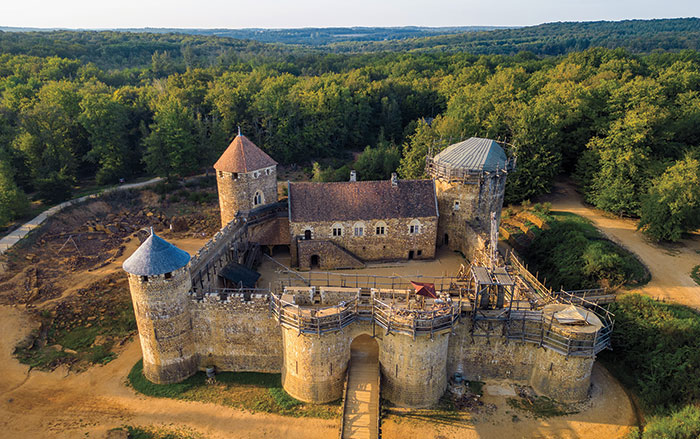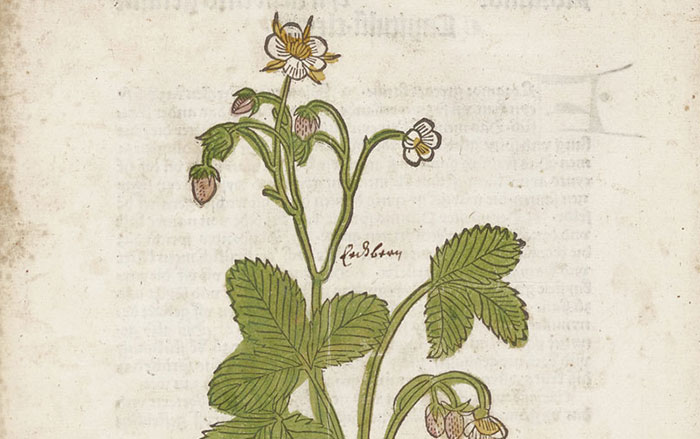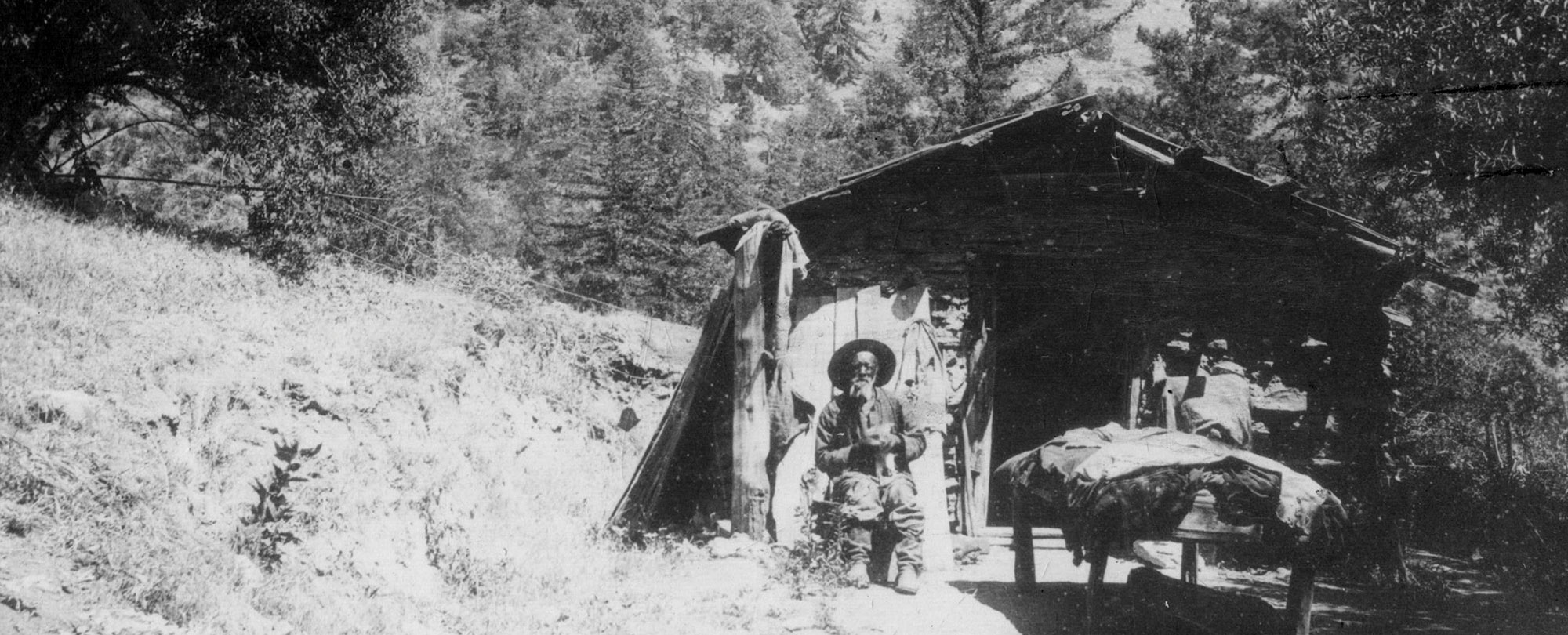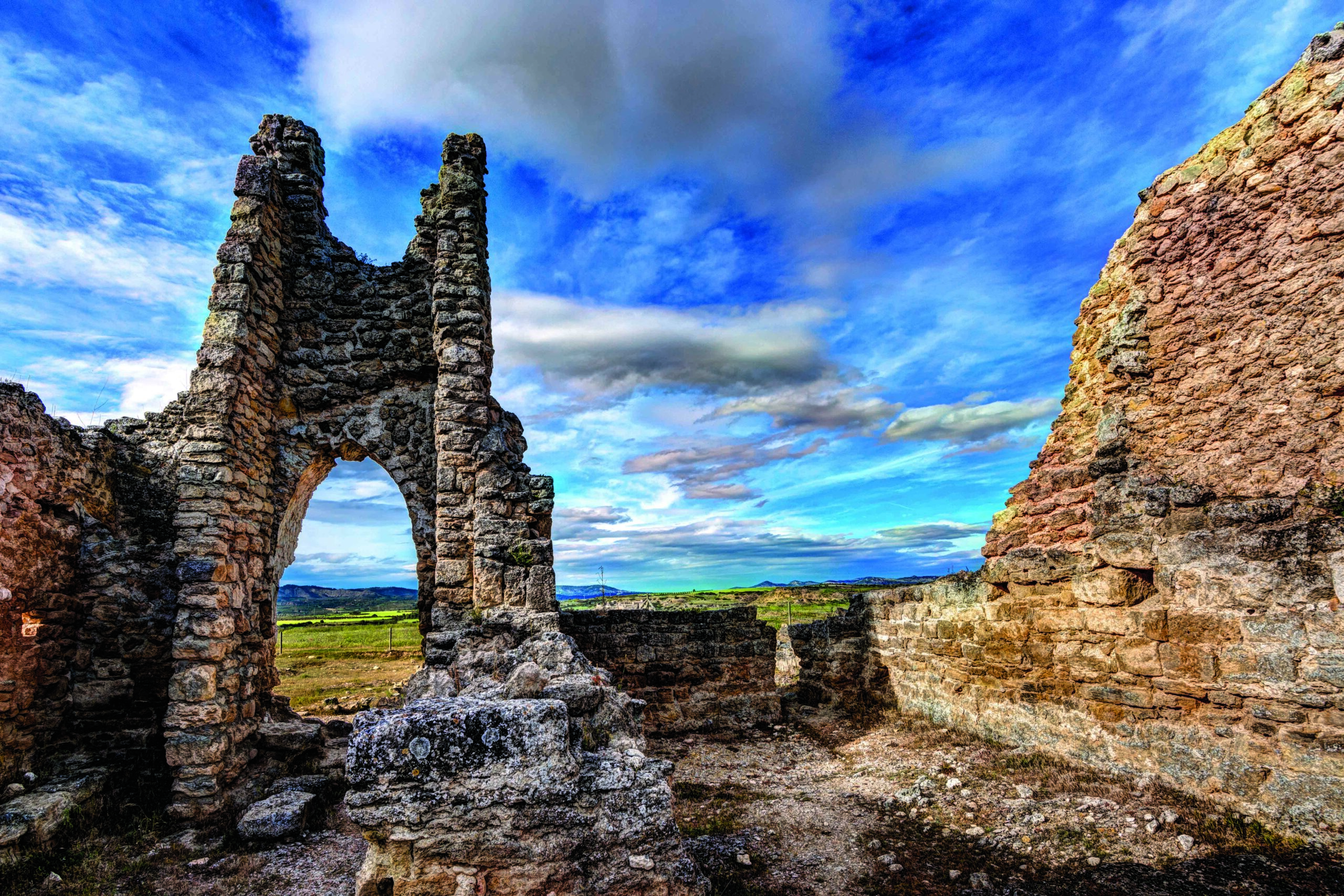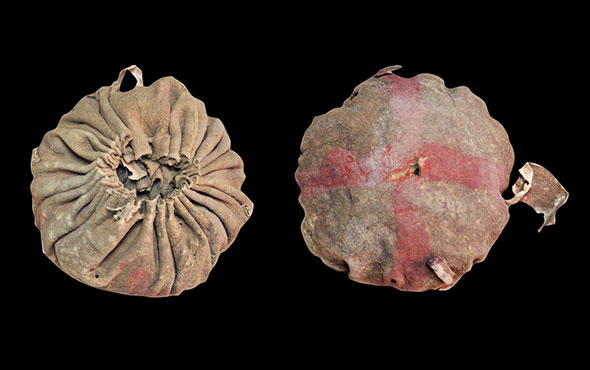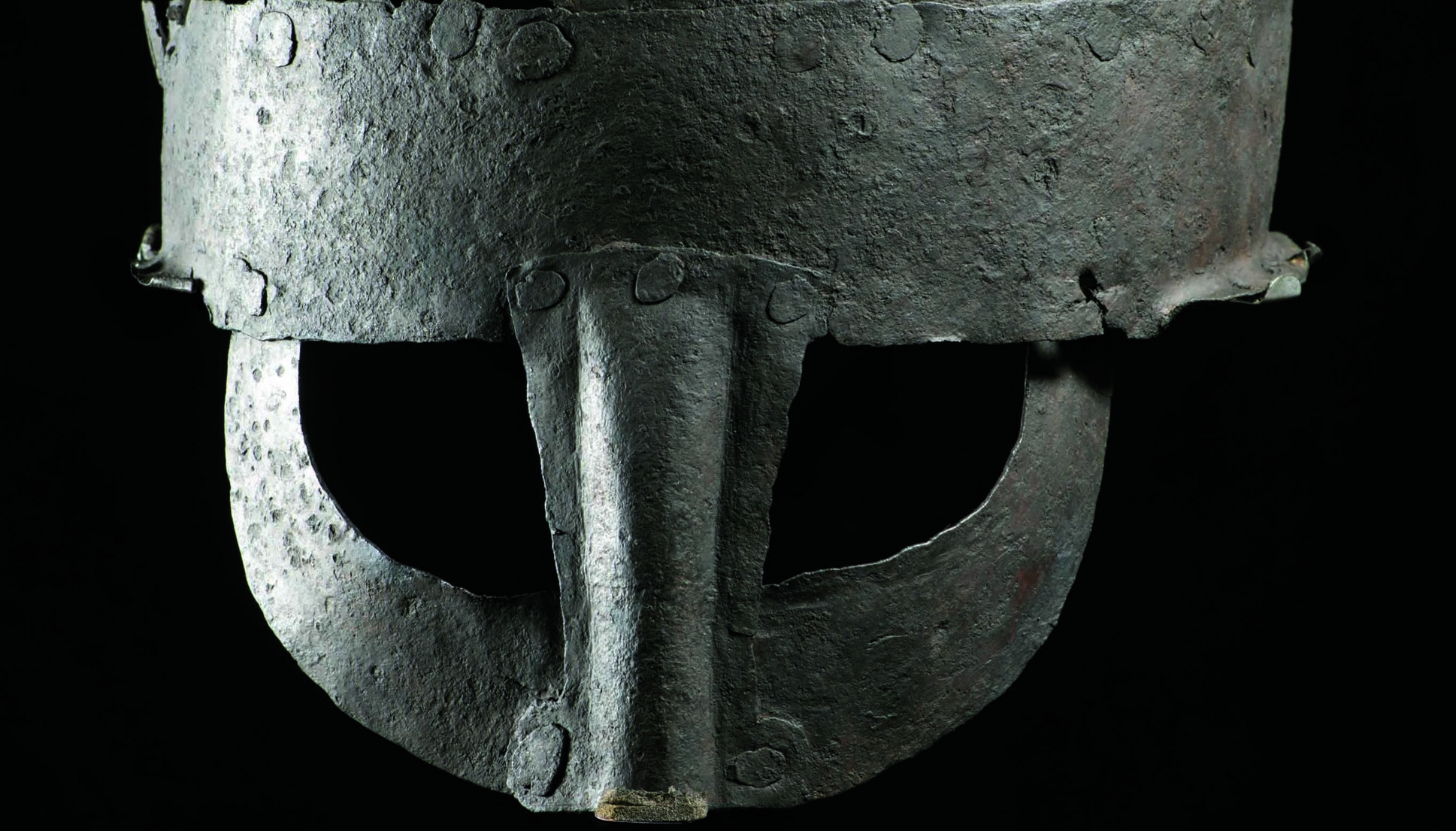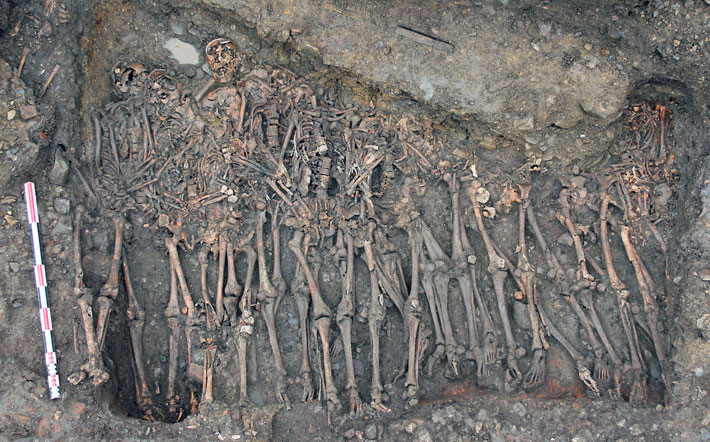
OTTAWA, CANADA—According to a statement released by the University of Ottawa, two contemporaneous fifteenth-century mass graves unearthed at the Jacobin convent in Rennes, France, likely contain the remains of soldiers killed during the siege of Rennes in 1491. The conflict between the forces of France's King Charles VIII and Anne, Duchess of Brittany, ended a four-year war for control of Brittany. Following the siege, the marriage of the leaders marked the end of the region's independence. The male skeletons in both graves belong to mostly young individuals who had suffered stab wounds. Through isotope analysis of their bones and teeth, a team of researchers from France's National Institute of Preventive Archaeological Research, the Max Planck Institute, and the Universities of Ottawa, Rennes 2, and Toulouse III Paul Sabatier have determined that the graves represent combatants from the opposing sides. In one grave, three of four individuals appear to have been of Breton origin. Among the 28 skeletons in the other grave, many were raised in non-Breton regions of France, including Poitou, the Alps, the Rhone Valley, and the area north of the Paris Basin. Others buried in this pit seem to have been allied soldiers from England, Castille, Aragon, and the Holy Roman Empire. Their diets, which indicate varying levels of meat consumption, suggest that they came from different social classes. Read the original scholarly article about this research in PLOS ONE. To read about a cache of coins unearthed in France that depict European power brokers of the late fifteenth and early sixteenth centuries, go to "A Catalog of Princes."


